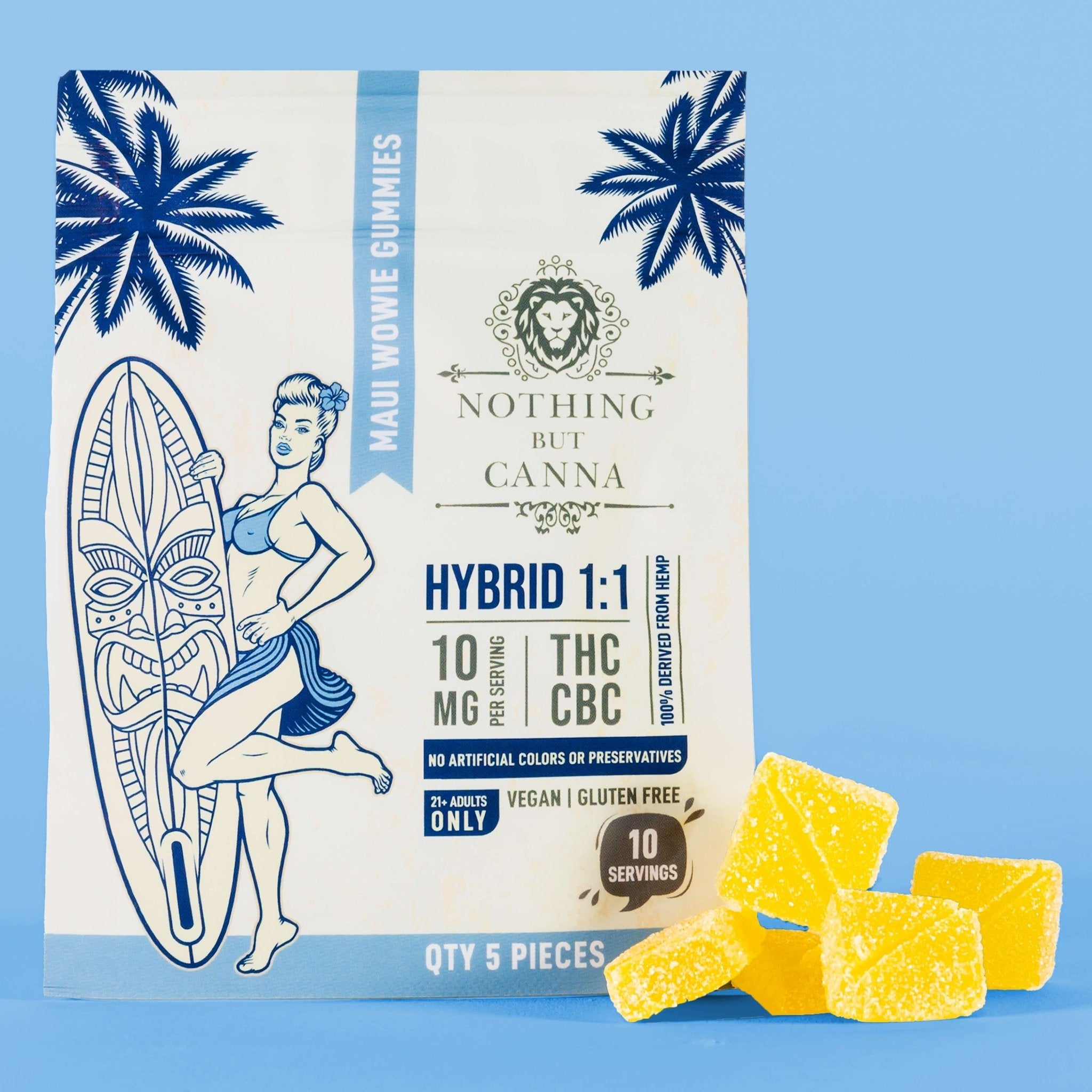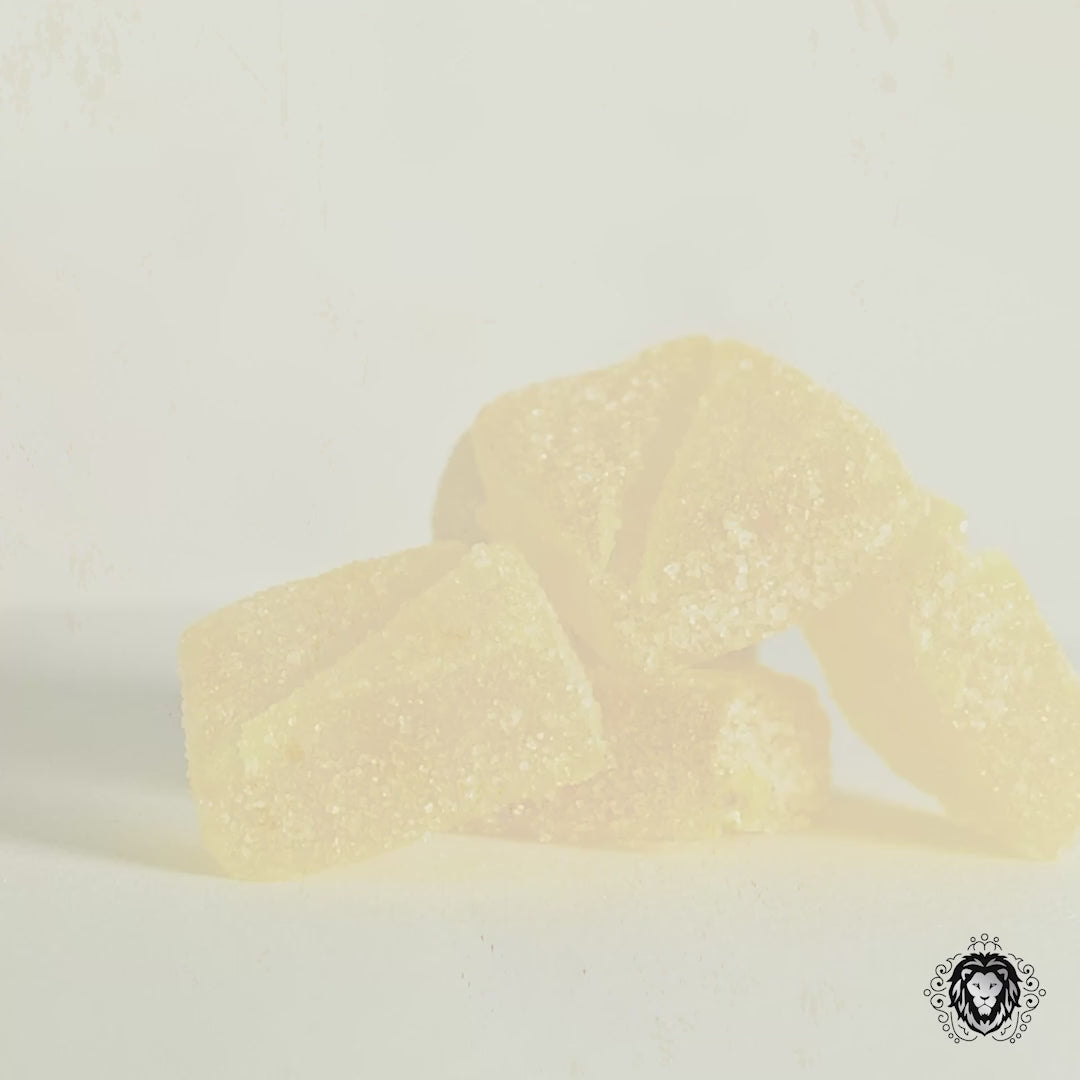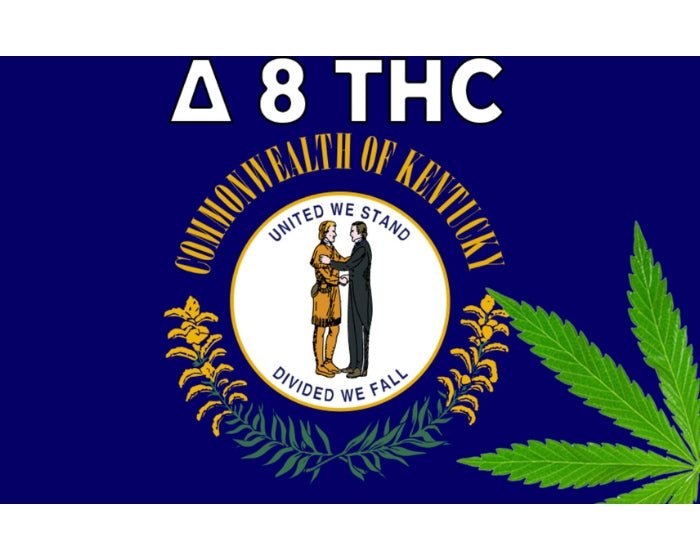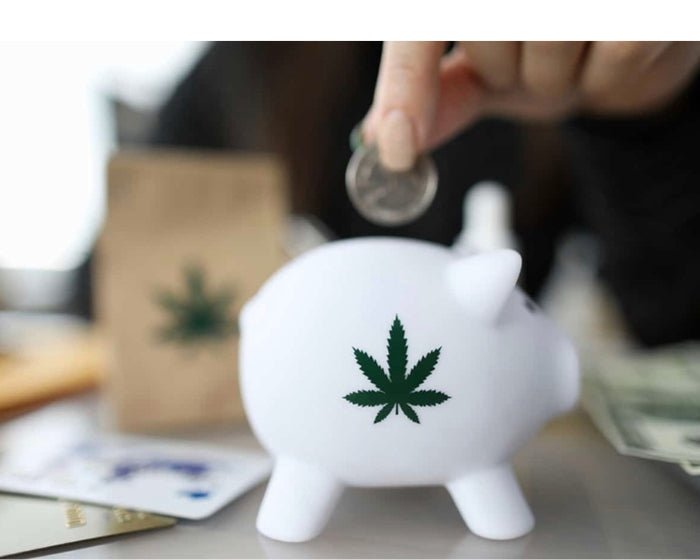A new measure aimed at regulating the THC content in hemp-derived products in Virginia is receiving mixed reviews from industry stakeholders.

The state of Virginia is quickly becoming a battleground state for how to deal with the unforeseen complications brought on by the 2018 Farm Bill. That landmark $428 billion measure predominantly funds nutrition programs like the Supplemental Nutrition Assistance Program (SNAP), also known as food stamps.
However, that bellwether piece of legislation, which is up for renewal this year, has become more closely and infamously associated with a plant that most farmers and lawmakers had long forgotten prior to the 2018 version of the bill - Hemp. Along with providing much-needed SNAP benefits, Congressional leaders ended an almost century-long ban on the once ubiquitous and multi-faceted American agricultural staple.
According to the 2018 Farm Bill, hemp is any part of the cannabis sativa plant containing less than 0.3% delta-9 THC (the most well-known intoxicating variant of the plant). Portions of the plant containing more than that allowable percentage are marijuana and still federally banned under the Controlled Substances Act.
By removing hemp from the CSA, Congress enabled farmers to legally cultivate the plant again and, more importantly, opened the floodgates for a wide range of hemp-derived products, including CBD and low-dose THC food and beverage items, to be manufactured and sold across the country. However, lawmakers could not have predicted or anticipated the explosive growth, particularly in the CBD sector, manifested by the legal change.
Furthermore, that industry expansion has come at a cost. Now states like Virginia are trying to deal with the fallout produced in the wake of the largely unregulated and misunderstood hemp-based market. As first reported by Hemp Today, legislative leaders in Virginia and Governor Glenn Youngkin (R) are attempting to adopt a new bill to address some of the detrimental issues brought on by some of the legal loopholes surrounding hemp and its associated products.
The critical issue centers on manufacturing and selling products containing those intoxicating THC elements, namely, and most controversially, delta-8 THC. Because the Farm Bill legalized hemp and thus all potential hemp-derived offerings, enterprising and creative entrepreneurs began using harmful chemical and synthetic methods to extract “unnatural” amounts of intoxicating cannabinoids from legally produced hemp plants.
Delta-8 is one of almost 100 naturally occurring cannabinoids in hemp and marijuana. It occurs in much smaller amounts and has milder intoxicating effects than its more famous cousin, delta-9 THC. However, by synthetically manipulating hemp-derived CBD, delta-8 can be produced in much larger quantities and with more potent and sometimes highly unpredictable intoxicating power.
Last year the devastating consequences of the rogue delta-8 variant led to the tragic death of a toddler in Virginia who mistakenly ingested his mother’s THC gummies containing delta-8 THC. That case and other examples prompted the Virginia legislature and Gov. Youngkin to take swift action to allay public fears over the safety of hemp-derived products.
The new bill introduced in the Virginia State Senate (Senate Bill 903) would establish stricter guidelines for packaging, labeling, and laboratory testing of hemp-derived items. In addition, the measure removes delta-9 THC from the state’s list of Schedule I Controlled Substances but would “make it unlawful under the Consumer Protection Act to sell or offer for sale any substance intended for human consumption that contains a synthetic derivative of THC.”
That last portion specifically targets delta-8 and the myriad of largely unregulated items that have shown up at gas stations, convenience stores and other outlets in the state. While most of the provisions outlined in the new bill have received approval from industry advocates and stakeholders, other elements of the measure have come up against significant resistance.
The Virginia Hemp Coalition (VHC) is one of those organizations voicing concerns, particularly over the restrictions in the bill regarding food products. To mitigate the VHC objections, Governor Youngkin directed lawmakers to revise the THC content of hemp foods. He also removed a rule requiring hemp topicals to contain bittering agents and reduced the registration fees for hemp operators.
However, despite the welcome progress in changes to the legislation, the VHC still feels the current limits would make most full-spectrum CBD products illegal. For example, under Youngkin’s amended provisions, a THC barrier at a 25/1 CBD to THC content ratio was used to replace the original clause establishing a 2 MG per package THC limit. Those variables are unacceptable for the VHC.
The Coalition said, “It needs to be a 10/1 ratio to protect all the good hemp-derived products out there. Natural hemp extract from the U.S. Farm Bill-compliant grown hemp plant flower will test over the 25/1 ratio. Our position is (that) if the bill cannot be amended to go to a 10/1 ratio, we cannot support it. We have to ask for it to be voted down.”
"It needs to be a 10/1 ratio to protect all the good hemp-derived products out there. Natural hemp extract from the U.S. Farm Bill-compliant grown hemp plant flower will test over the 25/1 ratio. Our position is (that) if the bill cannot be amended to go to a 10/1 ratio, we cannot support it. We have to ask for it to be voted down.”
- Statement Released By Virginia Hemp Coalition
Moreover, the Coalition is not alone regarding this critical ratio dispute. For many Virginians with loved ones suffering from epilepsy and other seizure-related health issues, that number could mean the difference between life and death. For example, Lisa Smith has been purchasing 100-milliliter bottles of CBD oil from the same manufacturer for eight years to help treat her daughter, Haley, who suffers from a form of epilepsy known as Dravet syndrome.
Under the current bill, she could no longer buy them without violating one of the provisions. For her and her family, the results could be devastating. She says, “After eight years of using the same thing with great results, I don’t want her to have to go seek something else.”
"After eight years of using the same thing with great results, I don’t want her to have to go seek something else.”
- Lisa Smith, Whose Daughter Haley Uses CBD Oil for her Epilepsy
There is still time for lawmakers, industry stakeholders and the Governor’s office to hammer out the details in such a way as to both protect the citizens of Virginia from harmful hemp-derived products while also maintaining the status quo for those in dire need of life-saving CBD products manufactured and sold in good faith by reputable companies.
How Virginia grapples with the complicated and nuanced issues surrounding the hemp industry could go a long way in establishing a template for other states struggling to keep up with the new and burgeoning industry.







































